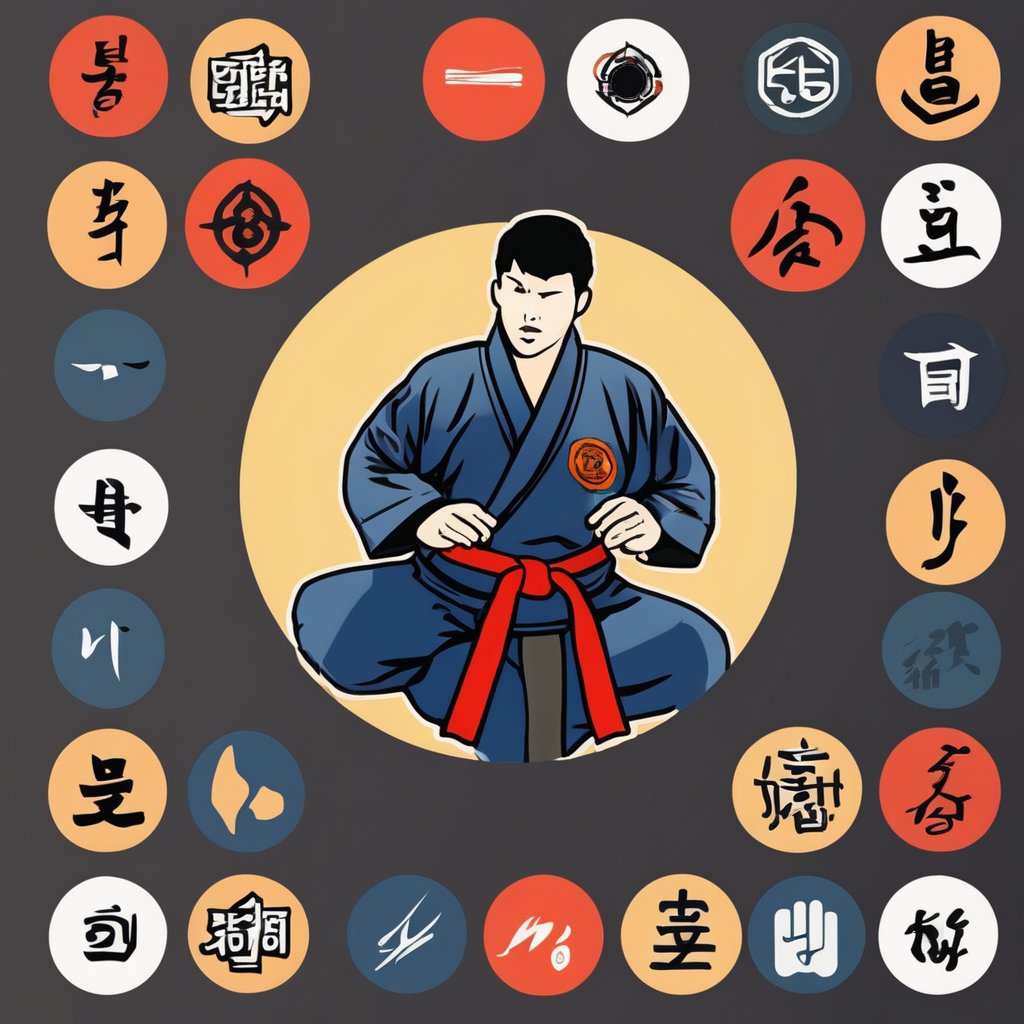Defining Alternative Sports in the UK
In the context of British sports culture, alternative sports UK refer to physical activities that fall outside traditional mainstream sports such as football or cricket. These sports are often characterized by their non-conventional rules, creative expression, and community-driven participation. Defining alternative sports involves recognizing their emphasis on inclusivity, innovation, and accessibility, distinguishing them from widely institutionalized athletic activities.
Popular alternative sports unique to or thriving within the UK include parkour, ultimate frisbee, and roller derby. These sports typically emphasize personal skill development, teamwork, and community engagement over competitive intensity. Unlike mainstream sports, which often operate under rigid structures and regulatory bodies, alternative sports tend to be more flexible, fostering experimental approaches to both play and training.
Also to read : How Do Emerging Technologies Influence Other Sports in the UK?
Understanding the distinction between mainstream and alternative athletic activities is crucial in appreciating how alternative sports contribute to the rich tapestry of British sports culture. They introduce fresh perspectives and encourage participation across diverse social groups, reshaping conventional ideas about athleticism and sport itself. This evolving landscape highlights the dynamic and inclusive nature of contemporary alternative sports UK.
Shaping Athletic Trends: Influence of Alternative Sports
Alternative sports UK have become a powerful catalyst for sport innovation and changing athletic trends UK. Unlike traditional sports bound by long-established rules, these activities encourage experimentation with new training methods tailored to flexibility, creativity, and individual skill mastery. For instance, parkour athletes often develop unique conditioning routines that focus on agility and fluid movement, demonstrating evolving training practices absent in mainstream sports.
Also to see : How do UK athletes in emerging sports gain international recognition?
This dynamic scene also drives the introduction of innovative equipment and techniques. Roller derby, for instance, has popularized custom protective gear and high-performance skates tailored specifically for its fast-paced gameplay. Such advancements often cross over to benefit local fitness communities, where these improvements inspire broader adoption of cutting-edge gear and novel workout approaches.
The influence extends further as alternative sports challenge conventional views on athletic preparation. Their emphasis on functional strength, balance, and endurance leads to hybrid training programs adapting elements from multiple disciplines. Consequently, mainstream athletes and coaches increasingly incorporate principles originating in alternative sports, marking a significant shift in athletic trends UK and enriching the overall fitness culture. This ripple effect contributes to a more diverse, innovative athletic landscape.
Community and Cultural Shifts Driven by Alternative Sports
Alternative sports UK have notably transformed the sports community landscape, promoting increased inclusivity in sports across diverse demographics. Unlike traditional athletic environments often dominated by established hierarchies, alternative sports foster a sense of belonging regardless of age, gender, or skill level. This inclusive ethos reshapes the athletic culture UK, encouraging participants to define success on personal and communal terms rather than strict competition.
The rise of grassroots structures further amplifies this cultural shift. Local clubs and informal groups organizing activities like ultimate frisbee or roller derby exemplify how alternative sports nurture supportive networks. These gatherings prioritize collaborative learning and mutual encouragement, strengthening community bonds and enabling newcomers to engage comfortably.
Changing attitudes towards participation reflect a broader acceptance of varied athletic identities. Alternative sports UK embrace creativity and individual expression, expanding traditional definitions of athleticism. This evolution challenges preconceived ideas about who can excel in sports, creating space for more varied expressions of physical activity within British sports culture.
By cultivating welcoming communities and diverse participation, alternative sports help redefine what it means to be an athlete in the UK today. These developments contribute to a more vibrant, accessible, and socially connected sporting environment.
Real-World Examples and Case Studies
Exploring case studies offers valuable insight into how British sport innovation thrives within alternative sports UK. Take roller derby, for example; athletes and coaches emphasize speed, strategy, and resilience, using cutting-edge protective gear designed specifically for this fast-paced game. This focus on sport innovation not only enhances performance but influences equipment standards beyond roller derby, impacting broader fitness practices.
From an expert perspective, parkour trainers highlight evolving training practices focused on fluidity and functional strength, underscoring how alternative sports UK foster new athletic approaches. These experts note that parkour’s emphasis on adaptability informs conditioning methods adopted by mainstream athletes, illustrating a direct link between alternative sports and wider athletic trends UK.
Similarly, ultimate frisbee’s grassroots growth demonstrates community-driven development. Athletes report that inclusive teams and flexible rules encourage broader participation, which contributes to reshaping the athletic culture UK. This case study shows how emerging alternative sports support diversity and accessibility while driving innovation in sports formats.
Collectively, these examples reflect the ongoing evolution in British sports culture, where alternative sports UK serve as testing grounds for creative ideas, enabling fresh practices to integrate into the wider sporting environment.
